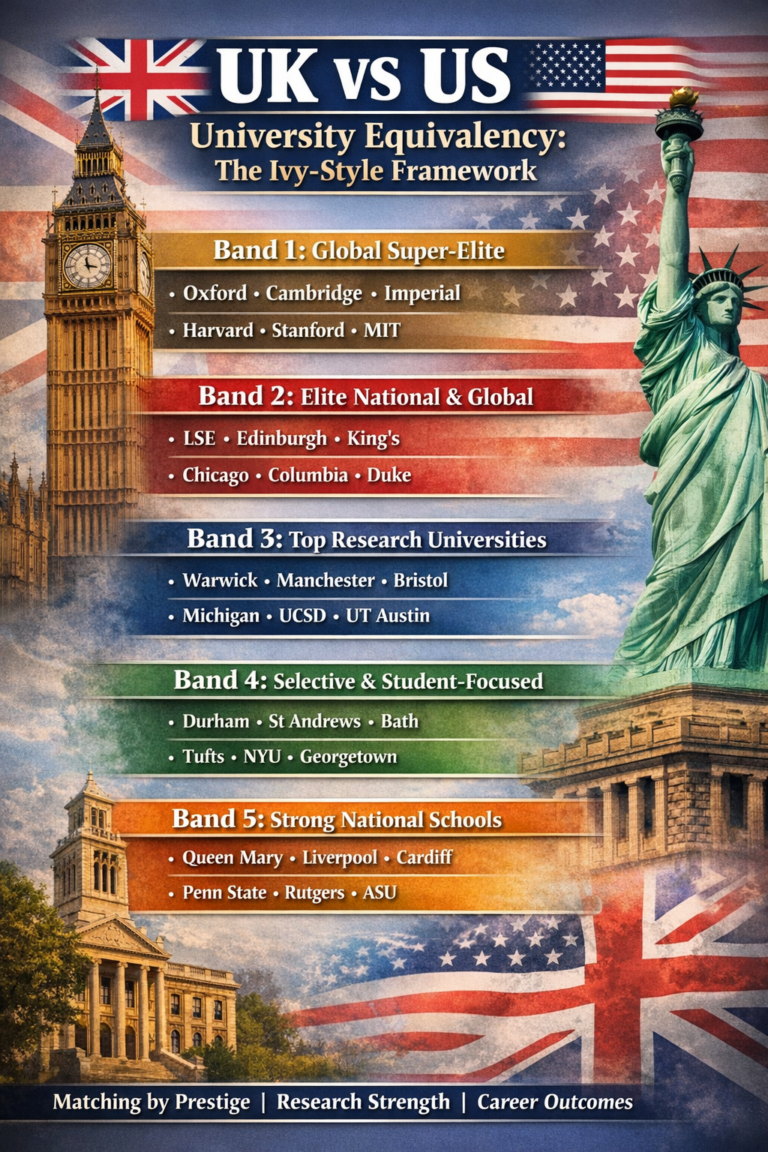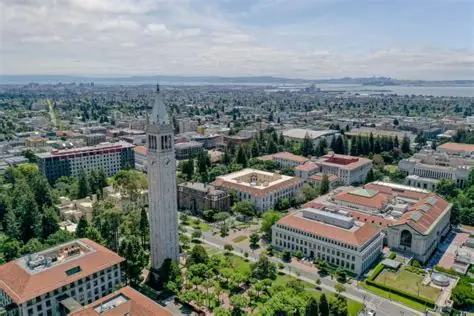Your Social Media Now Matters for the U.S. admissions
Few would have imagined that the dream of studying in the U.S. would come with a new requirement: transparency across your digital footprint. Last year was a historic year, with students, domestic and international, disrupting classes with their protests. In the wake of these events, a new policy has emerged whereby international students are now expected to expose their online personas to scrutiny. Although this has raised eyebrows questioning privacy and free expression, the directive stands to be implemented, which makes international students most vulnerable in this evolving landscape.
What’s Changing in 2025?
On June 18, 2025, a directive was issued whereby the U.S. State Department rolled out enhanced screening measures for all F‑1 (academic), M‑1 (vocational), and J‑1 (exchange) visa applicants. The most notable change among these is mandatory public social media access for visa evaluation.
Students must not think that this is going to be a simple glance at your latest Instagram profile or photos. It’s a deep dive into your entire online presence, which would include search results, public databases (like LexisNexis), and any evidence of content that could be interpreted as “hostile” to U.S. culture or security or as support for extremist or anti-Semitic activity.
Privacy is not “optional.
Applicants are required to make their online profile public to allow scrutiny. Noncompliance will result in:
- Temporary visa refusal
- Red flags for evasive behavior
- Additional scrutiny
Any post that has concerning content allows officers to take screenshots and notes. These include political opinions, activist posts, or controversial movements you’ve engaged with, even from years ago.
Many students have become cautious about their online personas, content, and the people they follow, limiting their engagement with controversial posts to avoid drawing unnecessary attention.
The policy has resulted in a temporary pause in scheduling appointments, resulting in limited availability of slots and visa interview backlogs. J-1 medical professionals and students attending institutions with low international enrollment rates are being prioritized, leaving many applicants in limbo.
How International Students Are Affected
1. Privacy vs. Transparency
You are no longer an applicant whose digital footprint isn’t important. It is a part of who you are as an applicant. Your posts, comments, political leanings, and opinions matter, and if found non-compliant with the requirement, you can simply be refused your visa. Every past post. Your opinions and posts on sensitive issues such as Middle Eastern politics, climate activism, or social justice may be grounds for concern.
2. Longer Wait Times and Uncertain Outcomes
The new layer of vetting is time-consuming, which results in longer interviews, delayed appointments, and uncertainty around start dates. This could affect enrollment timelines, housing plans, and academic progress.
3. Effect on Free Expression
Students who are serious about studying in the U.S. are editing or deleting posts, and many are stepping back from online engagement altogether.
4. Surveillance Even After Entry
The policy will not stop after your first visa is approved. Students reapplying for visas or re-entering the U.S. may face repeat screening. In some cases, students have faced SEVIS terminations or visa revocations due to online posts or past infractions.
5. Border Checks & Device Searches
Even Customs & Border Protection (CBP) officials are conducting increased inspections of digital devices and search histories, blurring the lines between privacy and security at U.S. borders.
What Should International Students Do?
1. Edit Your Digital Footprint
Review your social media and online history.
- Remove controversial posts.
- Make all profiles public before your interview.
- Screenshot your profiles to document visibility.
2. Be Transparent and Honest
All your social media usernames from the last five years must be added on your DS-160 forms. Any omission, deliberate or inadvertent, could be considered deceptive.
3. Plan Ahead
With the visa interviews getting delayed, apply early and secure your interview spots. At the same time, keep a Plan B in place, which could be anything from deferring your admission to doing a semester online, wherever possible.
4. Explore Alternatives
If you feel that the U.S. is too risky right now, consider study destinations with more stable or transparent visa processes.
5. Stay Informed. Don’t Navigate Alone.
Visa policies are tied to political currents and may change unexpectedly. Always:
- Follow the embassy or consulate websites for updates.
- Monitor trusted sources like NAFSA and your university’s international office.
- Seek professional help—legal advisors and university counselors can help you frame your narrative, prepare documentation, and avoid pitfalls.
Final Thoughts
Studying in the U.S. remains a powerful opportunity, but the road to getting there now demands more digital caution and planning than ever before. Stay proactive, transparent, and open to global options.









